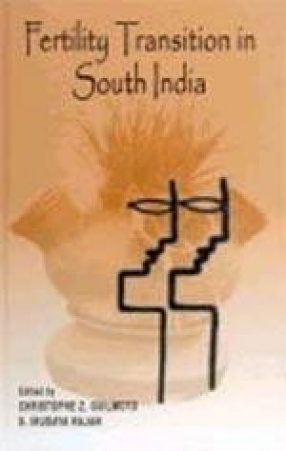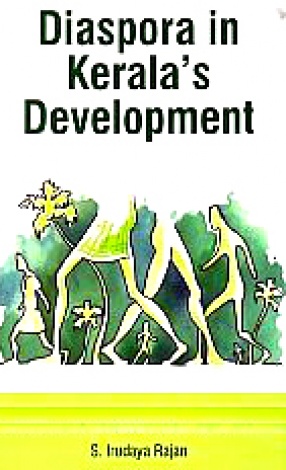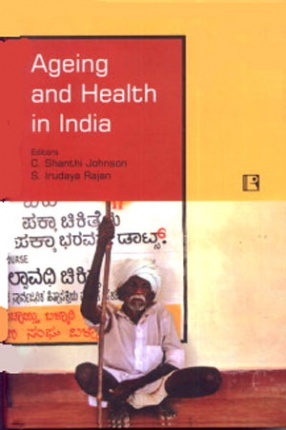The alleged population problem and its many presumed consequences figure prominently in the development discourse concerning India. Surprisingly, however, the fertility decline witnessed by South India–a region of more than 200 million inhabitants which crossed the replacement-level fertility rate in the mid-1990s–has received very little attention. This volume brings together 13 well-researched and original essays which describe and analyse the trajectory of fertility decline in South Indian States of Tamil Nadu, Karnataka, Andhra Pradesh and Kerala. Documenting the fact that the fertility decline occurred in regions with vast differences in development indicators, the contributors argue that this transition must be understood as a cumulative result of several factors including family planning policies, socio-economic transformation, and changes in social perceptions towards fertility, contraception, marriage, family and child rearing. Combining various qualitative and quantitative techniques with field studies and historical analysis, the contributors go beyond the formal tools of demography and develop an original Geographical Information System (GIS), a spatialized database encompassing South Indian districts. Overall, this volume underlines the need to look at demographic change as a diversified and contextual process, rather than as a direct outcome of economic development. It will be of interest to scholars and students of population studies, geography, social demography, women’s studies and health. It will also be a useful resource for NGOs and policymakers.
Fertility Transition in South India
In stock
Free & Quick Delivery Worldwide
Bibliographic information
Title
Fertility Transition in South India
Author
Edition
1st ed.
Publisher
ISBN
8178294184
Length
460p., Tables; Maps; Plates; Figures.
Subjects








There are no reviews yet.